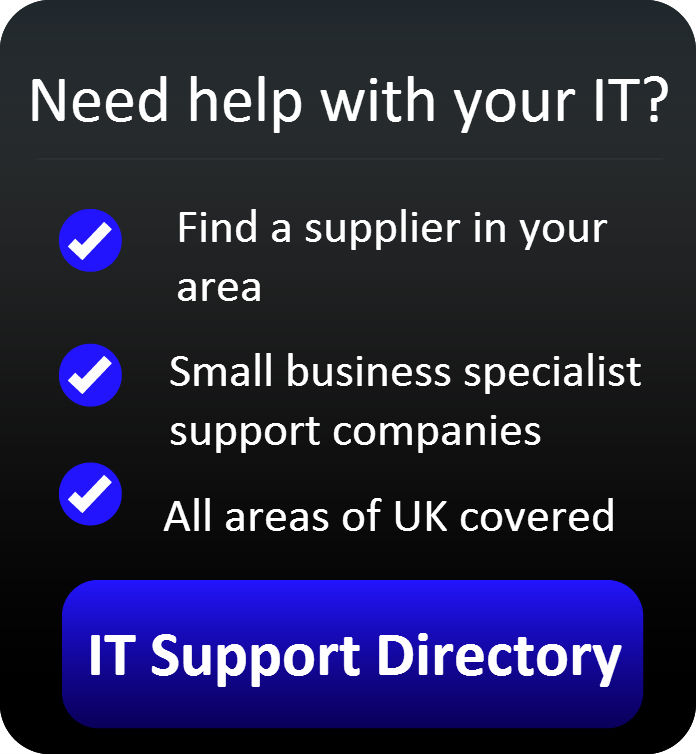Should you host in the cloud or on the premises?
 Many companies are replacing in-house applications and storage on a server for applications and storage running in cloud hosting or another type of web hosting
Many companies are replacing in-house applications and storage on a server for applications and storage running in cloud hosting or another type of web hosting
When businesses do this, it’s commonly referred to as running applications ‘in the cloud’, because it’s a form of cloud computing.
Processing data in the cloud
Whether you are a business-to-business or business-to-consumer company, information is critical. Businesses collect and process massive amounts of data on a daily basis covering all aspects of their company.
Whether it relates to sales, marketing, accounts or HR, you need the right systems and storage to store and process this data effectively.
Traditionally, this would involve buying equipment such as network servers and disks, setting them up on your premises and then keeping them running on a daily basis. Today, however, you can instead opt to do things ‘in the cloud’ – a general term for processing and storing data off your premises.
The most common cloud services on offer are email, document processing and data storage. Growing services include customer relationship management (CRM) and project management tools, as wells as pretty much anything else you would expect to find as software on your desktop.
Is doing it in the cloud right for you?
With computing on your premises, you have to consider:
- Cost: there will be capital and operational expenses including hardware, software and staffing.
- Maintenance, failures and upgrades: money and resources will be required to carry out backups and upgrade software, and to replace of hardware if things go wrong.
- Data access: it’s trickier to set the system up so you can log in from multiple locations. This limits convenience, but does mean you should know who is accessing your data, and how.
- Control: you control your data and have a physical sense of ownership, because it’s all stored on hardware that’s in your building(s).
On the other hand, if you decide to do things in the cloud, you need to think about:
- Data security: you’ll need to make sure you know where your data is stored, who has access to it - and to be certain it will be securely deleted if you leave. Read more about cloud security.
- Remote access: a positive and a negative, this allows staff to work from outside the office, but also means your data could be compromised if an insecure connection is used or an unauthorised person gains access.
- Data availability: the cloud should provide 24/7 availability if you need it, but if your internet connection fails, your connection to your data will be lost. You’ll need to consider how you’d cope in these circumstances.
- Cost: working in the cloud reduces your capital expenditure, and can reduce operational expenses, because there's no hardware or software to buy and no support staff to pay.
- New services: most cloud services operate on a ‘pay as you go’ basis, allowing you to set up key services like email or add extra users in seconds. There’s no need to install software, so you can add capacity easily.
Doing things in the cloud is a convenient way to manage some aspects of your business. However, most companies need to balance the benefits of onsite services with the benefits of running things in the cloud.
- Cloud computing legal dos and don’ts
- Cloud computing services to get you started
- How do businesses use cloud computing?
- Types of web hosting





